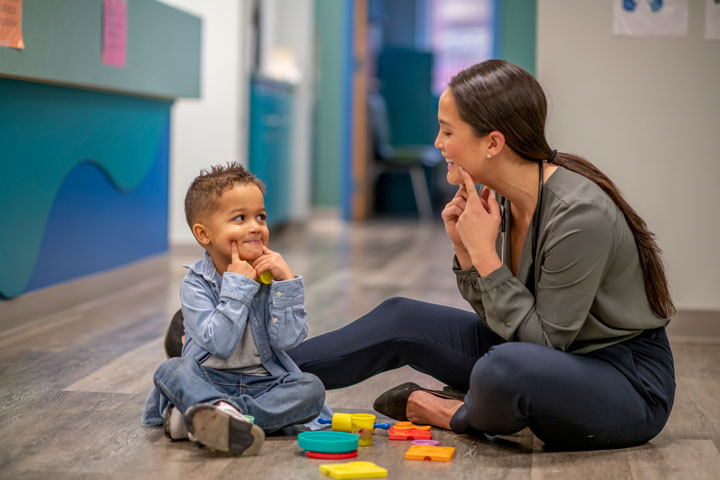In pediatrics, a developmental-behavioral pediatrician focuses on evaluating and managing children’s developmental, learning, and behavioral challenges. These specialists work with families to understand a child’s strengths and areas of difficulty. Their expertise covers concerns such as attention, language development, social skills, and behavioral regulation. By conducting thorough assessments, they create strategies tailored to a child’s needs. This approach often involves collaboration with teachers, therapists, and other healthcare professionals to support a child’s growth both at home and in school.
How Are Developmental-Behavioral Pediatricians Trained?
Developmental-behavioral pediatricians complete medical school and residency in pediatrics before pursuing additional training in child development and behavior. This specialized education allows them to better understand the ways health, environment, and learning intersect. Their training includes observation, diagnostic tools, and communication strategies for working with children and families. This background helps them address complex situations that may involve multiple factors, from developmental milestones to emotional well-being.
Families may see a developmental-behavioral pediatrician for issues related to learning differences, attention difficulties, or social interaction challenges. They can also provide guidance on sleep concerns, feeding behaviors, or emotional regulation. By looking at the whole picture of a child’s development, these specialists help create clear steps for improvement. They often use observations, parent interviews, and feedback from teachers to gain a well-rounded understanding of a child’s needs.
How Do They Work With Families and Schools?
A key part of this specialty is collaboration. Developmental-behavioral pediatricians often communicate directly with educators and school counselors to help make sure that classroom strategies align with a child’s developmental plan. They may recommend changes in teaching methods, suggest additional supports, or participate in school meetings. At home, they guide parents through routines and approaches that encourage skill-building and reduce stress for both the child and family. This teamwork strengthens consistency and promotes progress across environments.
Why Is Early Support Beneficial?
While children develop at different rates, identifying areas of need early allows for timely intervention. In pediatrics, early support can help children gain skills that make daily life and learning more manageable. Developmental-behavioral pediatricians aim to help families recognize concerns sooner and take steps that foster growth over time.
Early collaboration with educators and caregivers also supports smoother transitions between home and school settings. Families often receive referrals from their primary care pediatrician if developmental or behavioral concerns arise. Some families seek out a specialist directly after noticing changes or delays.
Appointments may include detailed interviews, questionnaires, and observation sessions. These evaluations help create a personalized plan that may involve follow-up visits, referrals to therapy services, or guidance for daily routines. Accessing care early and maintaining open communication with the care team helps families feel supported throughout the process.
Support Your Child’s Development with Pediatrics
Understanding the role of a developmental-behavioral pediatrician highlights how pediatrics can address more than physical health. These specialists support the emotional, social, and learning aspects of childhood. By working closely with families and schools, they help children reach their potential in ways that are practical and sustainable. For parents, seeking this expertise can provide clarity, direction, and confidence in supporting their child’s journey.





